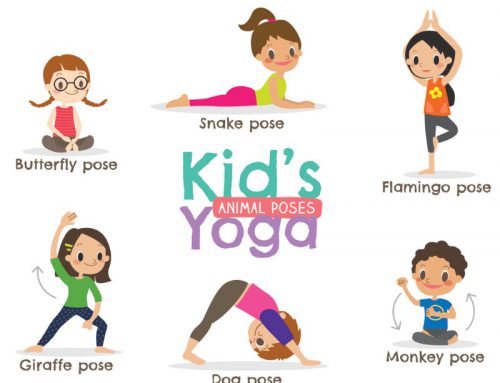Celebrating 10 Years with ‘A Day of Hope’
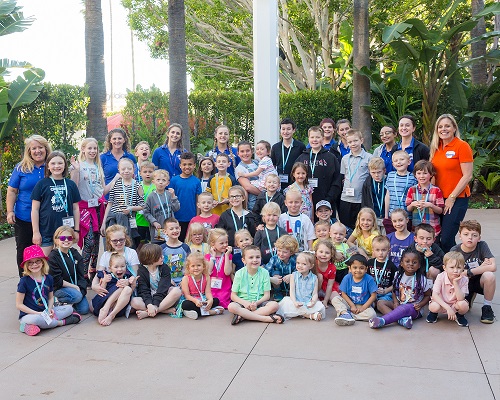

This March, we celebrated our 10th year providing childcare with the Cystinosis Research Foundation’s A Day of Hope!
Every year, we are so excited to spending time with this amazing groups of kids. Some of the kids at this event started attending as toddlers and young children, and we have had the joy of seeing them grow up over the years. We had over 75 kids in our care ranging from infant to 12 years old – our biggest year ever!
Most families that attend A Day of Hope have children diagnosed with Cystinosis, a rare and incurable metabolic disorder. With symptoms often developing during infancy, it carries multiple complications and causes kidney failure early in life without intervention. This annual conference that brings together the top Cystinosis clinicians and physicians to discuss the latest research, management strategies, and strides in treatment. It is also a vital time for the community to support and spend time with one another.
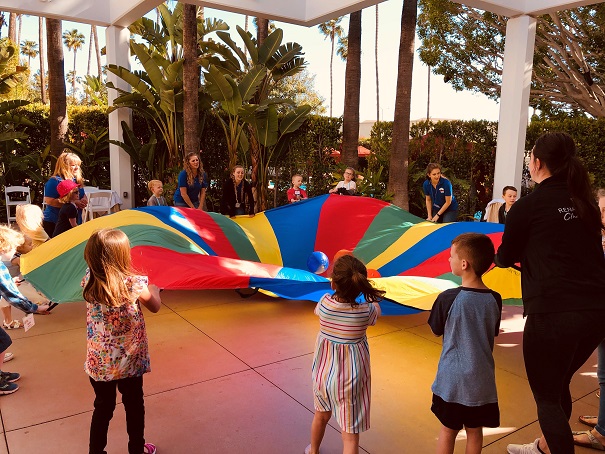
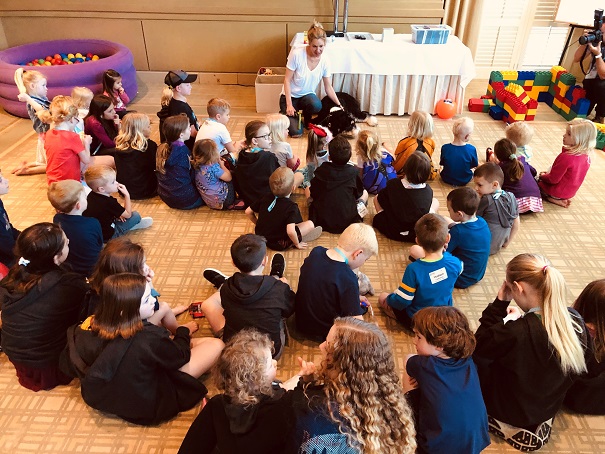
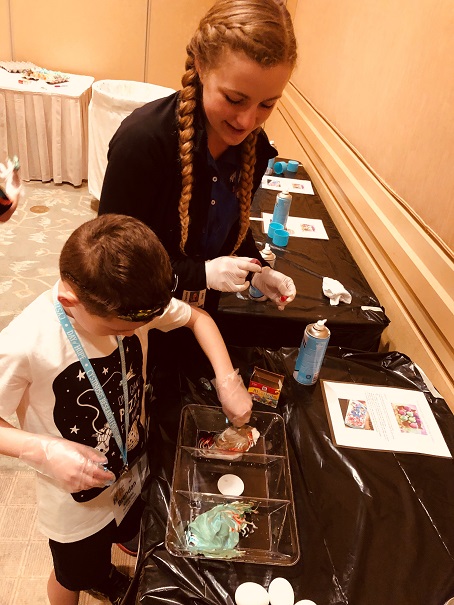

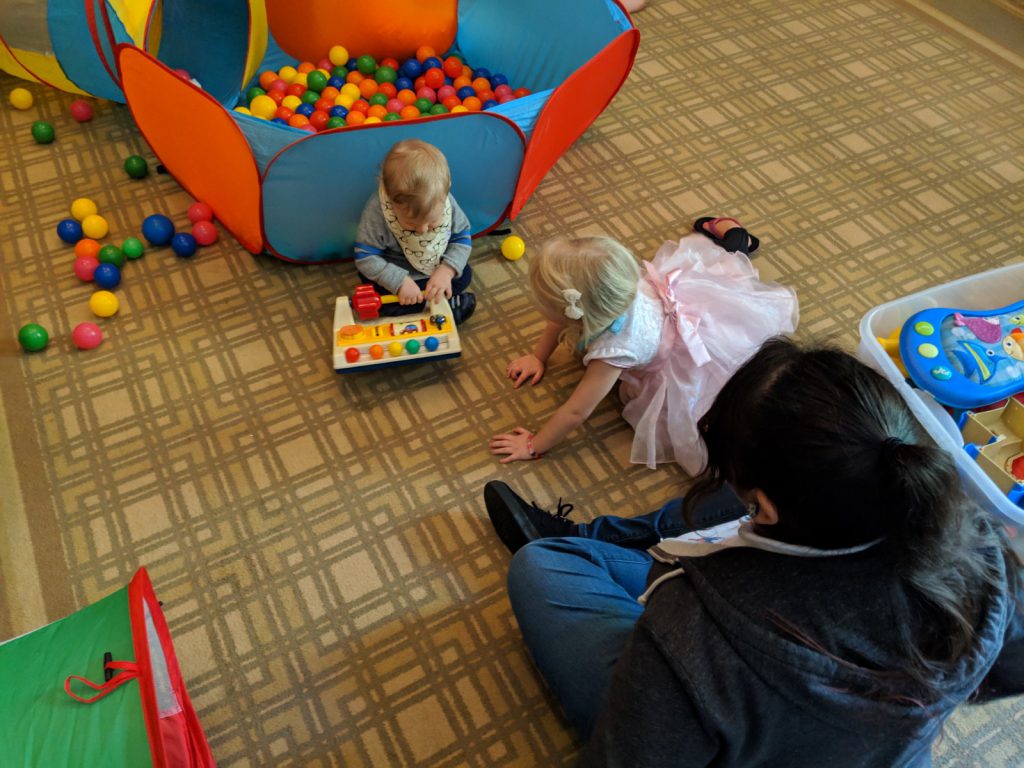
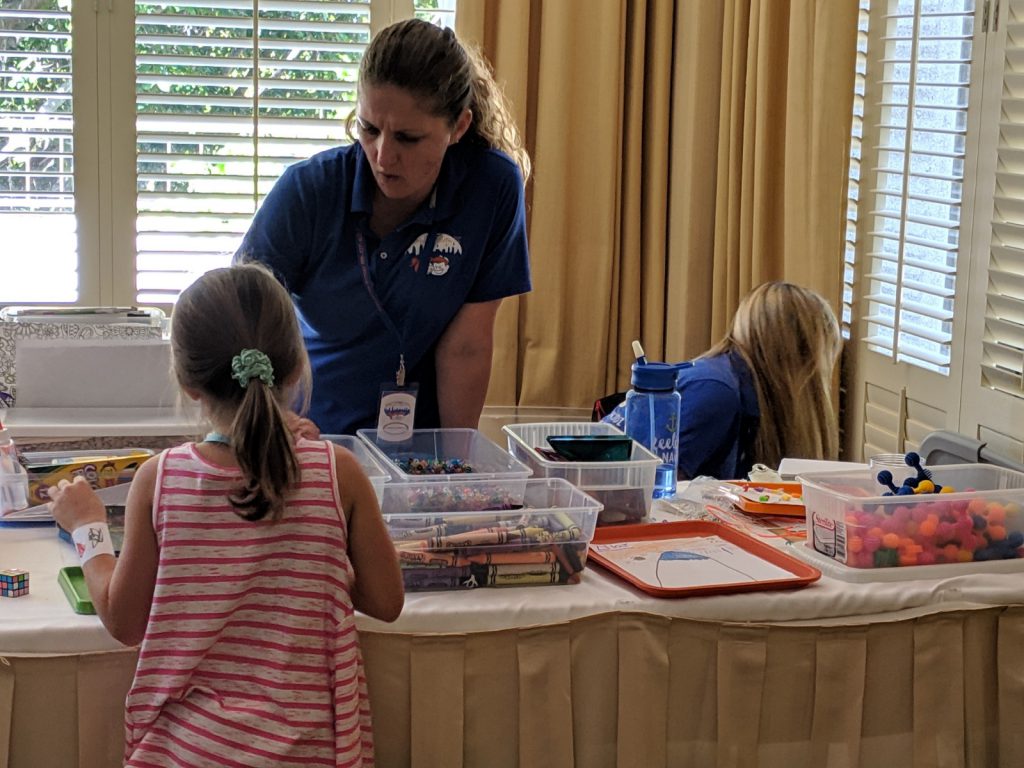
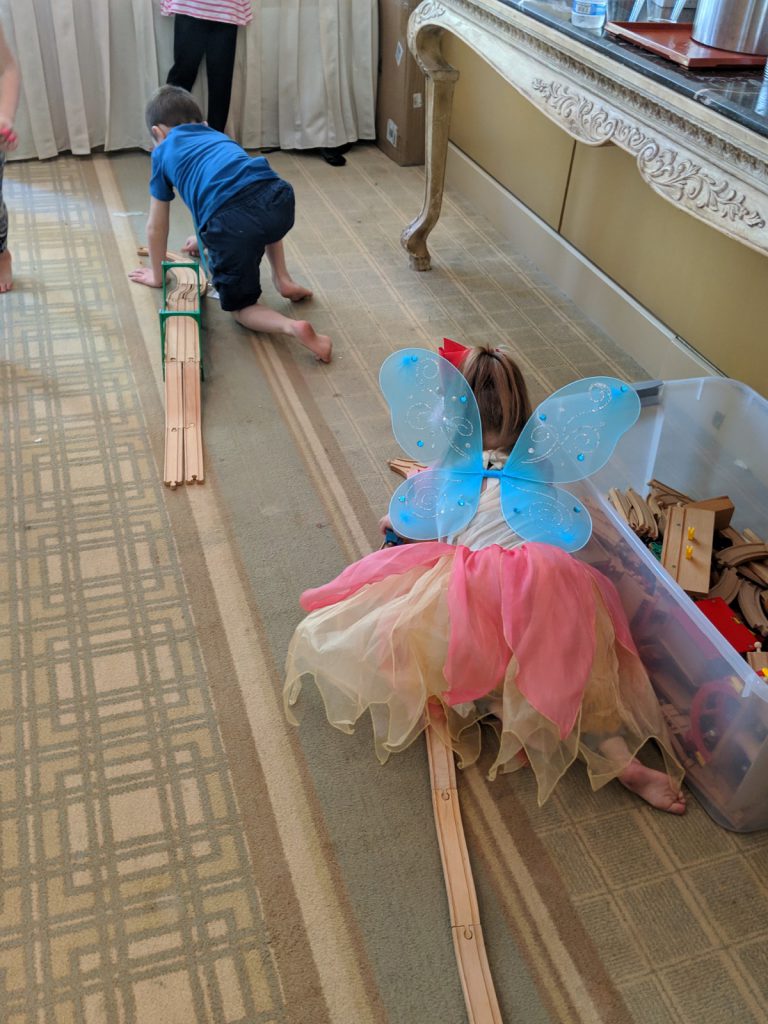
If you haven’t heard of Cystinosis, you’re not alone. It is a genetic disorder that only impacts about 2000 individuals worldwide, but has a devastating impact on their lives. Due to the rarity and complex nature of the disease, some people remain undiagnosed until end stage organ failure. It is also assumed that many in some cases individuals may experience organ failure at a very young age without ever being diagnosed.
While the disease is incurable, the Cystinosis Research Foundation has helped transform life for people living with Cystinosis. Leading the charge in awareness, diagnosis, and research surrounding this disease, they have helped create treatment that dramatically increase lifespan and quality of life. Historically, life expectancy with Cystinosis rarely extended beyond 9 or 10 years. Now, people with Cystinosis can live well into adulthood with some individuals even living beyond 50 years.
The foundation has helped develop treatments that allow for a fuller and more comfortable life through symptom management. One treatment they developed is a contact lenses that relieve eye issues from Cystinosis. Dehydration, cystine crystals in the eye, and decreased tear production are side effects of Cystinosis that result in pain, light sensitivity, and even blindness. Frequent eye drops were the only option to help alleviate some of the symptoms. Researchers with the foundation were able to develop a contact lenses that slowly release moisture and medication directly to the cornea which improved the ease and effectiveness of treating eye symptoms.
Dr. Stephanie Cherqui, a lead researcher with the Cystinosis Research Foundation, is making strides toward developing a cure for Cystinosis. As a doctorate student, she helped identify the gene involved in Cystinosis. She has since become one of the top researchers in the field. Her current research has successfully halted Cystinosis in mice using bone marrow transplants, meaning that there is potential for a cure in humans as well. She is continuing her research in lab trials for the next several years to pave the way for human clinical trials.
We enjoy hearing how research continues to help these kids live longer, fuller, and happier lives, and look forward to the day when there is a cure for Cystinosis! With love, respect and admiration we are dedicated to the the parents, children and the staff of Cystinosis Research Foundation.
A little more about Cystinosis
What is it?
Cystinosis causes a buildup of cystine, an amino acid, in the body’s cells. Your cells use cystine as a building block for protein. Your entire body is comprised of cells, and your cells need to be able to get rid of waste. In a typical cell, the wastes are easily released from the cells, which then move into your bloodstream. The kidneys filter your blood, pulling the cell wastes out and removing them from the body through urine.
What exactly does it do?
In someone impacted by Cystinosis, their body lacks the ability to release cystine in the cell. When cystine builds up, it starts for form crystals. These crystals are eventually released into the bloodstream, causing damage to cells and blood vessels as they are released and circulate through the body. The children we work with have expressed that the crystals moving through the bloodstream can be very painful throughout the body, especially in the arms and eyes. These crystals start to affect organs and eyes, gradually destroying organs, nerves, and muscles over time. Kidney failure is typically the greatest complication, as well as damage to other organs.
Impact on the body & prognosis
There are several impacts to the body other than kidney failure. Individuals with Cystinosis can struggle with a variety of difficult and painful health issues, such as bone softening, bowel complications, muscle and tissue pain. Children with the disease often have normal intelligence and emotional development, however, they tend to have smaller body stature and slower growth rates. Their skin, hair, and eyes are often significantly lighter than the parents, although it is unclear why this occurs. Severe and painful sensitivity to light develops, as do gut and bowel complications. Medication must be administered every 6 hours to effectively remove cystine from the body. Children are often given gastronomy tubes to allows for medication to be administered as well as formulas that increase nutrients and caloric intake. With individuals now able to live longer, additional impacts on other organs – including the liver, brain, and muscles – are being observed.
Kidney transplants are key for individuals with cystinosis due to renal failure. Additionally, medications that allow for cystine to be released from cells and from the body help to slow down the impact on the body. However, the current treatments do not eliminate the disease; they simple slow down the impact of cystine buildup in the body and help alleviate symptoms. Ultimately, developing a way for the body to properly allow cystine to leave cells at full capacity is needed. While this is not yet possible, researchers are making incredible progress toward a cure.
Want to help?
Donate to the Cystinosis Research Foundation
Want to learn more?
Learn more about the Cystinosis Research Foundation
Learn more about Cystinosis
Related links: Summer Reading







